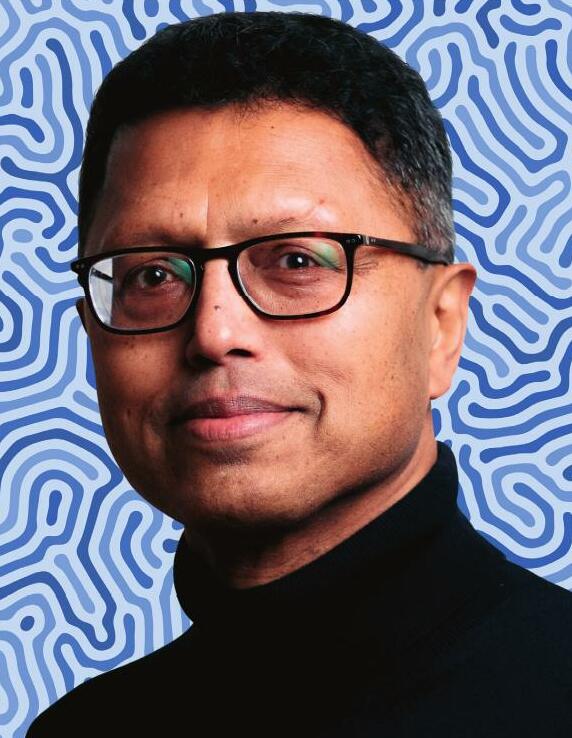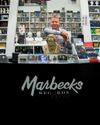Essayer OR - Gratuit
Refinding the self
New Zealand Listener
|February 22-28, 2025
Strokes and brain diseases can radically change our personalities. But with more understanding of how brains work, a leading neurologist says sometimes, our old selves can be restored.

What makes the self? Is it simply manifestations of the brain? If that's the case, what happens when the brain is injured or affected by illness? Are we still ourselves? Masud Husain, a professor of neurology and cognitive neuroscience at Oxford, says brain ailments can not only alter our personal identities but our social identities - how we interact with others. In a new book, he introduces us to patients who illustrate how radical changes in our brain can cause radical changes in our selves - from the extroverted, ambitious young man who completely lost all motivation after a stroke; to the woman whose hands appeared to have an embarrassing mind of their own; to a father whose community standing began to crumble because he suffered hallucinations; to a woman who thought her husband had been replaced.
"Modern neuroscientists would think, I would think, that the self is really something which emerges from the activity of the brain, a constellation of different kinds of capacities, or, if you like, cognitive modules - language, attention, perception, these kinds of things," Husain told the Listener. "And those modules which created that society of mind can be changed if you take one of those modules away or it becomes dysfunctional."
It's not like you've lost yourself, he says, but you've become a different self. "Your relationships with other people are in a way what defines a self. And if you change in the way you interact with other people, that really alters the way people think about you."
In an increasing number of cases, modern neuroscience can help those whose brains have become dysfunctional to regain their sense of self. These developments are explored in Our Brains, Our Selves: What a Neurologist's Patients Taught Him About the Brain, which follows seven of Husain's former patients at London's National Hospital for Neurology and Neurosurgery.
Cette histoire est tirée de l'édition February 22-28, 2025 de New Zealand Listener.
Abonnez-vous à Magzter GOLD pour accéder à des milliers d'histoires premium sélectionnées et à plus de 9 000 magazines et journaux.
Déjà abonné ? Se connecter
PLUS D'HISTOIRES DE New Zealand Listener

New Zealand Listener
A touch of class
The New York Times' bestselling author Alison Roman gives family favourites an elegant twist.
6 mins
November 22-28, 2025
New Zealand Listener
Hype machines
Artificial intelligence feels gimmicky on the smartphone, even if it is doing some heavy lifting in the background.
2 mins
November 22-28, 2025

New Zealand Listener
It's not me, it's you
A CD tragic laments the end of an era.
2 mins
November 22-28, 2025
New Zealand Listener
High-risk distractions
A river cruise goes horribly wrong; 007's armourer gets his first fieldwork; and an unlikely indigenous pairing.
2 mins
November 22-28, 2025
New Zealand Listener
Magical mouthfuls
These New Zealand rieslings are classy, dry and underpriced.
1 mins
November 22-28, 2025

New Zealand Listener
This is my stop
Why do people escape to the country? People like us, or people entirely unlike us, do. It is a dream.
3 mins
November 22-28, 2025

New Zealand Listener
Behind the facade
Set in the mid-1970s on Italian film sets, Olivia Laing's complex literary thriller holds contemporary resonances.
3 mins
November 22-28, 2025

New Zealand Listener
Final frontier
With the final season of Stranger Things we may get answers to our many questions.
2 mins
November 22-28, 2025

New Zealand Listener
Every grain counts
Draining and rinsing canned foods is one of several ways to reduce salt intake.
3 mins
November 22-28, 2025
New Zealand Listener
The bird is singing
An 'ideas book' ponders questions of art and authenticity, performance and the role of irony.
2 mins
November 22-28, 2025
Listen
Translate
Change font size

